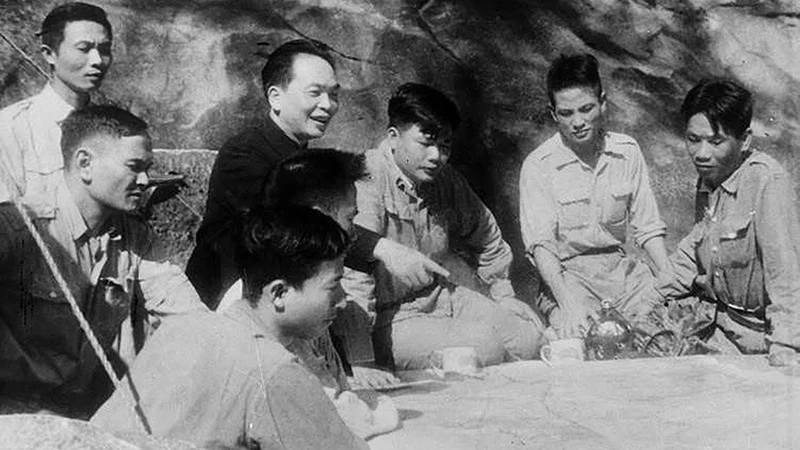
Entering 1953, after eight years of fighting against French colonialism, our army and people defeated the enemy's strategy of "fighting fast, winning fast" and the plot of "using war to feed war", achieving many feats, such as: Viet Bac Victory (1947), Border Victory (1950), Hoa Binh Victory (December 1951-February 1952), Tay Bac Victory (1952), Thuong Lao Victory (1953)... The resounding victories of our army and people pushed the French colonialists deeper into a passive response. To save the situation, the French colonialists decided to change their strategy; implementing the Navarre Plan (July 1953) with the hope of turning defeat into victory.
In November 1953, the French colonialists organized an attack to occupy Dien Bien Phu, gradually building it into a stronghold, plotting to defeat our main force. Before the French colonialists' move, General Vo Nguyen Giap commented: "No matter how the enemy situation changes in the future, the enemy parachuting into Dien Bien Phu is fundamentally beneficial to us" (1) . General Vo Nguyen Giap's comment was an important basis for the General Command to gradually plan for Dien Bien Phu to become the center of the 1953-1954 Winter-Spring Operational Plan.
In early December 1953, the French colonialists decided to increase their forces in the Northwest, building Dien Bien Phu into a strong stronghold - an "invincible fortress" to help them achieve their plot to change the situation on the battlefield. Faced with the rapid change, on December 6, 1953, the Politburo met to listen to General Vo Nguyen Giap, on behalf of the General Military Commission, report on the situation and the planned plan to attack Dien Bien Phu. The conference decided to launch the Dien Bien Phu campaign with the code name "Tran Dinh" and unanimously approved the General Military Commission's combat plan. To directly organize and carry out the campaign, the Politburo decided to establish the Command and Party Committee of the Dien Bien Phu Front, with comrade Vo Nguyen Giap as Party Committee Secretary and Commander.
On January 14, 1954, at the Campaign Headquarters in Tham Pua, the Party Committee and Campaign Command held a staff conference to disseminate the Campaign Operation Plan under the motto "fight fast, solve fast" and assigned tasks to units to carry out preparation work. However, during the time of preparing the battlefield, with his sensitive and sharp military vision, the General quickly discovered the weaknesses of the "fight fast, solve fast" plan.
After a sleepless night, on the morning of January 26, 1954, after consulting with the Head of the Chinese Military Advisory Group, Wei Guoqing, the General and the Front Party Committee re-studied the combat plan. The General presented his views on the combat plan to destroy the Group of Strongholds, analyzed the important changes on the enemy's side since the Tham Pua Conference, and the difficulties that we could not overcome. From there, the General affirmed: The plan of "fighting quickly, winning quickly" could not ensure the highest principle of "fighting with certainty of victory". The General affirmed that we still maintained our determination to destroy the enemy at Dien Bien Phu, but had to change our fighting methods and combat strategies.
The decision to postpone the attack and change the combat strategy was a decisive and courageous decision, demonstrating the high level of intelligence and political mettle of the Commander and Secretary of the Front Party Committee before the Party, the people and the Army. That decision ensured the correct implementation of President Ho Chi Minh's guiding ideology: "We must only win, not lose, because if we lose, we will lose all our capital" (2) .
Thoroughly grasping and implementing the new combat motto of the Campaign Party Committee Conference (January 26, 1954), on February 7, 1954, the Party Committee and Campaign Command convened a cadre conference to discuss the direction for implementing the combat plan according to the motto "fight firmly, advance firmly". After the preparation work was completed, at exactly 5:05 p.m. on March 13, 1954, the Commander and Secretary of the Front Party Committee ordered to open fire to attack the enemy, opening the Dien Bien Phu campaign.
As Secretary, the General and the Front Party Committee successfully completed the task of motivating the cadres and soldiers, building their determination, resolving political and ideological issues arising during the preparation and fighting process, creating a united bloc on the entire front. In a letter to cadres and soldiers before the opening fire (March 10, 1954), the General called on all cadres, soldiers, and units on the Dien Bien Phu Front to clearly recognize the honor of participating in this historic campaign: "... I hope that you comrades will maintain and enhance your determination to destroy the enemy, thoroughly grasp the Central Committee's motto of "fighting firmly, advancing firmly", maintain and enhance your spirit of continuous and resilient fighting, fight bravely, and destroy as many enemies as possible" (3) .
During the campaign, in addition to encouraging, motivating, and praising the efforts and achievements of the cadres and soldiers on the front, the General also strictly fought and criticized the shortcomings and mistakes of the cadres and soldiers on the front. At the Conference of Secretaries of the corps, regiments and comrades in charge of the general departments at the Dien Bien Phu Front (from April 27 to 29, 1954), General Vo Nguyen Giap pointed out the negative rightist ideology, fear of difficulties, hardships, and sacrifices, and lack of complete trust in the new way of fighting. That was the biggest obstacle on the road to complete victory. After analyzing the manifestations and causes of the rightist ideology, the General proposed measures and directed internal criticism and self-criticism to achieve solidarity and unity, creating a combined strength to destroy the entire Dien Bien Phu stronghold complex. Thanks to that, a new spirit rose up throughout the units after the study session. This was a great success of the political work on the Dien Bien Phu Front, contributing to the final victory of the campaign.
Along with important decisions on combat, politics, and spirit, General Vo Nguyen Giap also directly worked with the Party Committee and the Dien Bien Phu Front Command to solve a series of technical and logistical problems of the campaign. Learning from the experience of Chinese advisors, the Campaign Command researched, designed, and directed the construction of the trenches to encircle the enemy at Dien Bien Phu. In fact, the trenches were a tactical innovation of our army in the "encirclement" of the enemy at Dien Bien Phu.
Faced with the difficult logistical situation of the campaign due to weather conditions, heavy rain, and enemy aircraft attacks, the General had to temporarily hand over the command of the operation to Chief of Staff Hoang Van Thai to discuss with the campaign logistics staff a solution to quickly deliver rice to the front. The General sent an urgent telegram to President Ho Chi Minh and the Party Central Committee, requesting increased mobilization of human and material resources for the frontline.
With great determination and good logistics support, our troops launched a series of attacks to destroy enemy bases, tightened the siege in the basin area, and pushed the enemy into a state of extreme confusion. At 3:00 p.m. on May 7, 1954, General and Commander-in-Chief Vo Nguyen Giap ordered a general attack to destroy all enemy troops at Dien Bien Phu: "No need to wait for dark, immediately launch a general attack on Muong Thanh... Must attack strongly, encircle tightly, not let De Castries or any enemy escape" (4) . Carrying out the order of the Campaign Commander, participating units stepped up their attacks, destroyed assigned targets, captured the enemy Command Center, captured De Castries and the entire staff of the stronghold, and successfully completed the Dien Bien Phu campaign.
The victory of the Dien Bien Phu campaign was a glorious feat of arms of the entire Party, the entire people, and the entire army, under the leadership of the Party, headed by President Ho Chi Minh. That victory is also associated with the name of General Vo Nguyen Giap - Commander and Secretary of the Dien Bien Phu Front Party Committee. The model of the commander and Secretary of the Dien Bien Phu Front Party Committee of General and Commander-in-Chief Vo Nguyen Giap in the Dien Bien Phu campaign will forever shine a light for the army cadres to learn from, follow, and be ready to receive and excellently complete all assigned tasks, meeting the requirements of the cause of innovation, building a "refined, compact, strong, and advancing to modernity" army.
---------------------------------------------------
(1) General Vo Nguyen Giap, Dien Bien Phu - Historical Rendezvous, Memoirs (performed by Huu Mai), People's Army Publishing House, Hanoi, 2001, p.43.
(2) General Vo Nguyen Giap, Dien Bien Phu - Historical Rendezvous, Memoirs (performed by Huu Mai), People's Army Publishing House, Hanoi, 2001, p.101.
(3) Documents directing the campaigns of the Party Central Committee, the Central Military Commission and the General Command (From Viet Bac to Dien Bien Phu), Volume VI, published by the General Staff, 1963, pp.128-129.
(4) General Vo Nguyen Giap, Dien Bien Phu - Historical Rendezvous, Memories (performed by Huu Mai), People's Army Publishing House, Hanoi, 2001, p.372.
COLONEL, ASSOCIATE PROFESSOR, PhD DOAN NGOC HAI
(former Head of the Department of History of the Communist Party of Vietnam, Academy of Politics, Ministry of National Defense)
Source


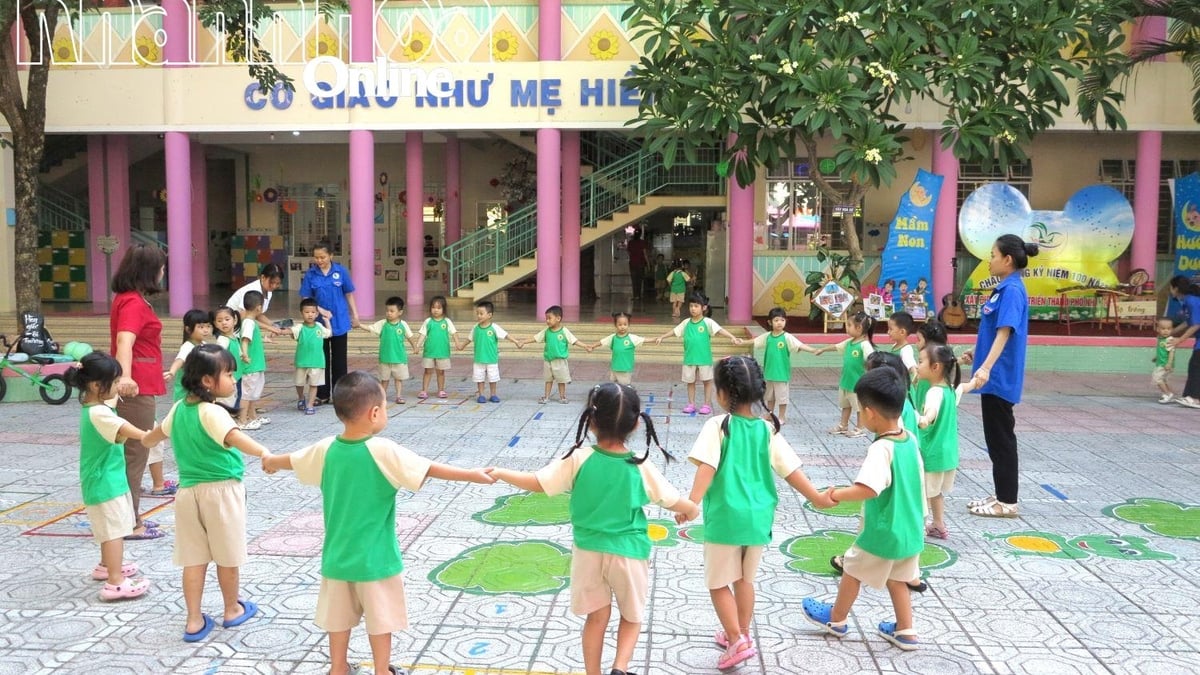
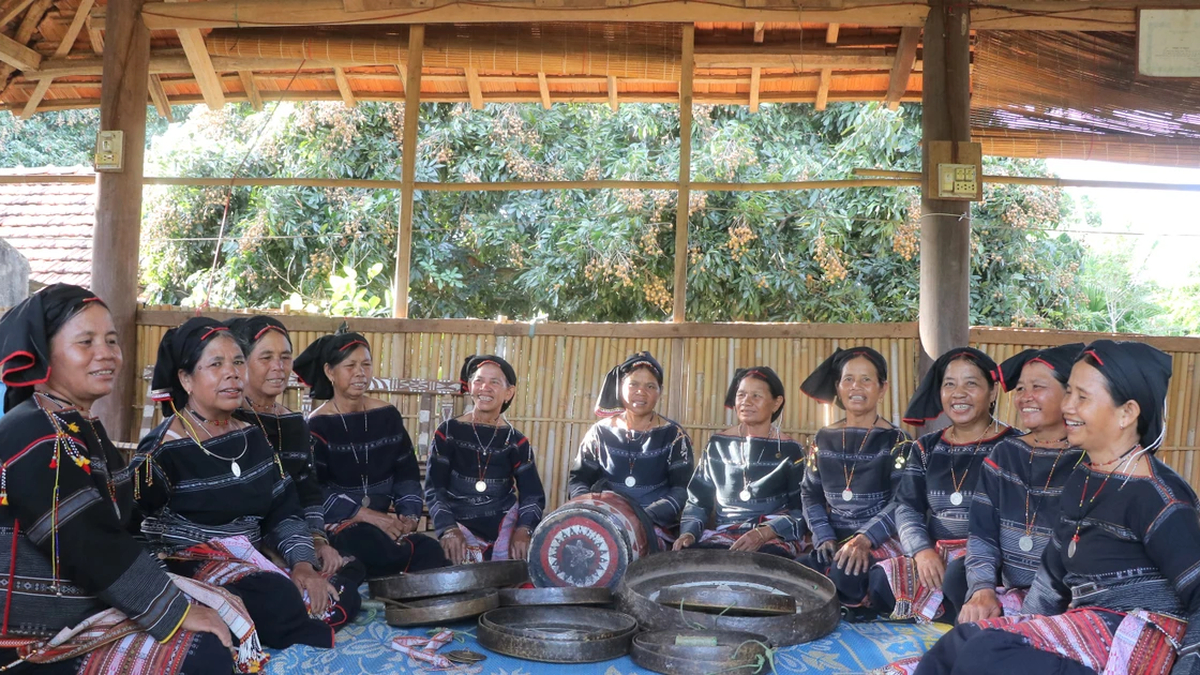
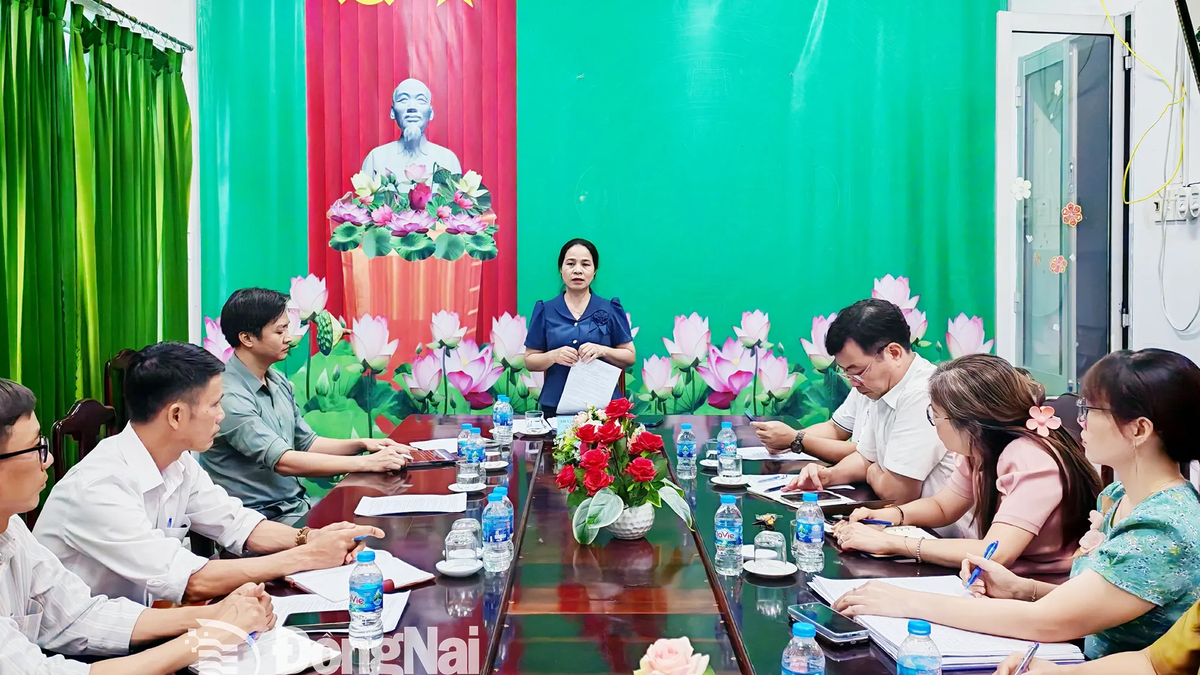
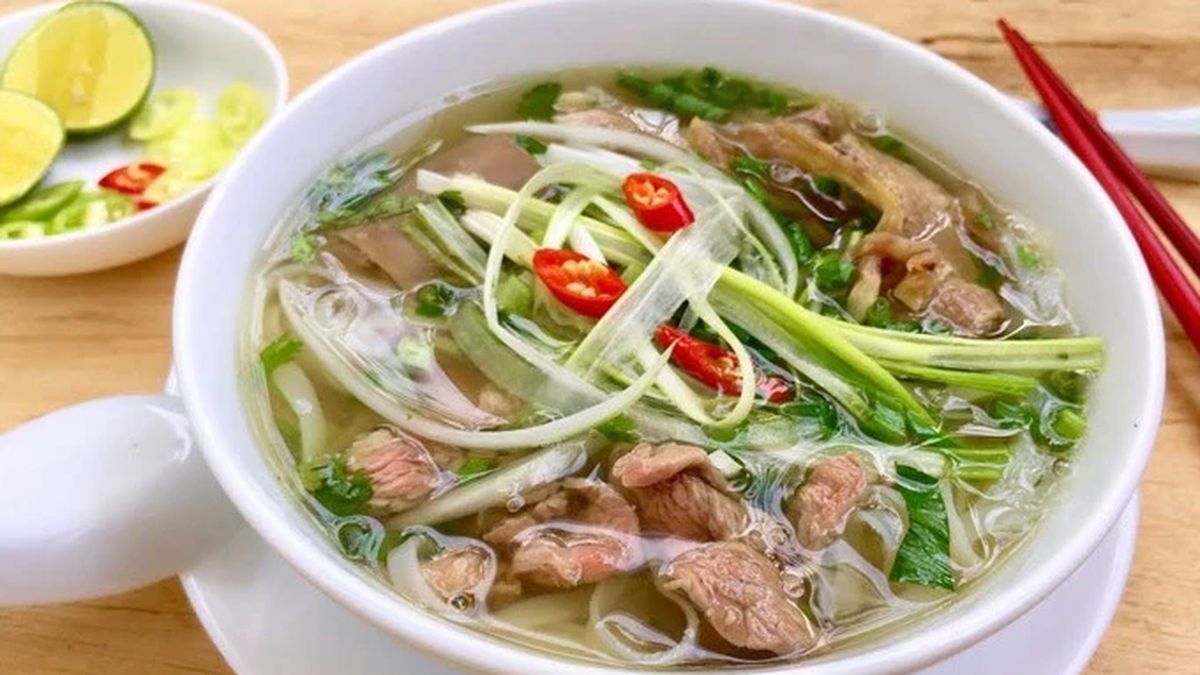

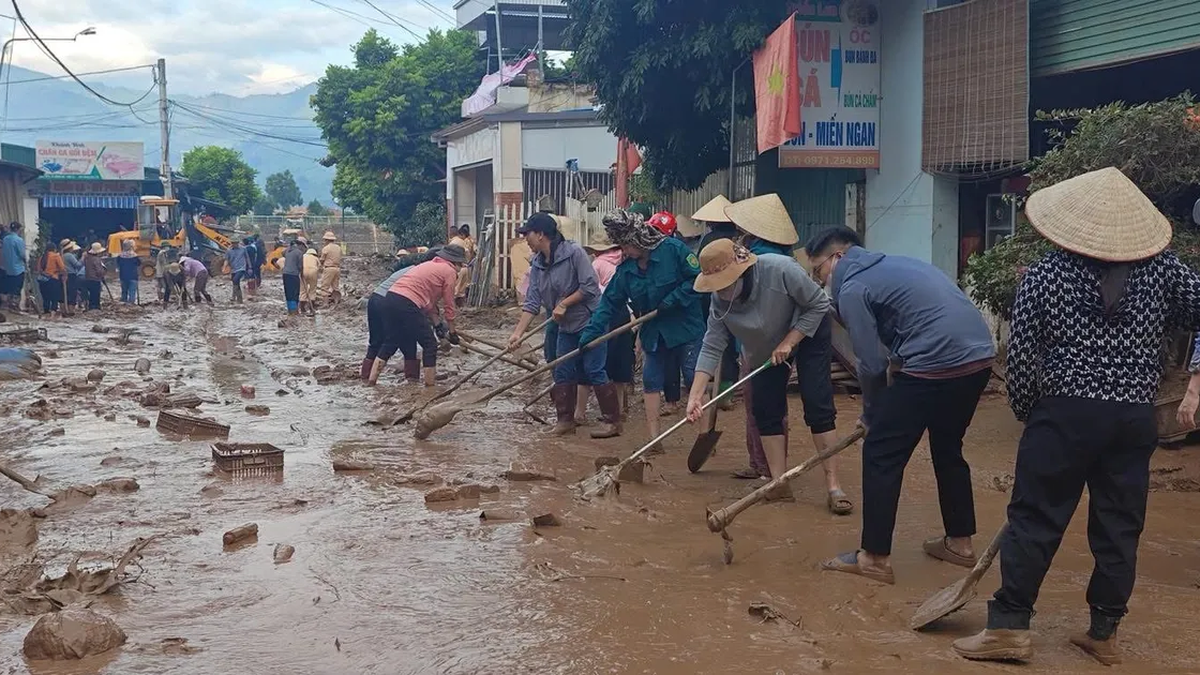
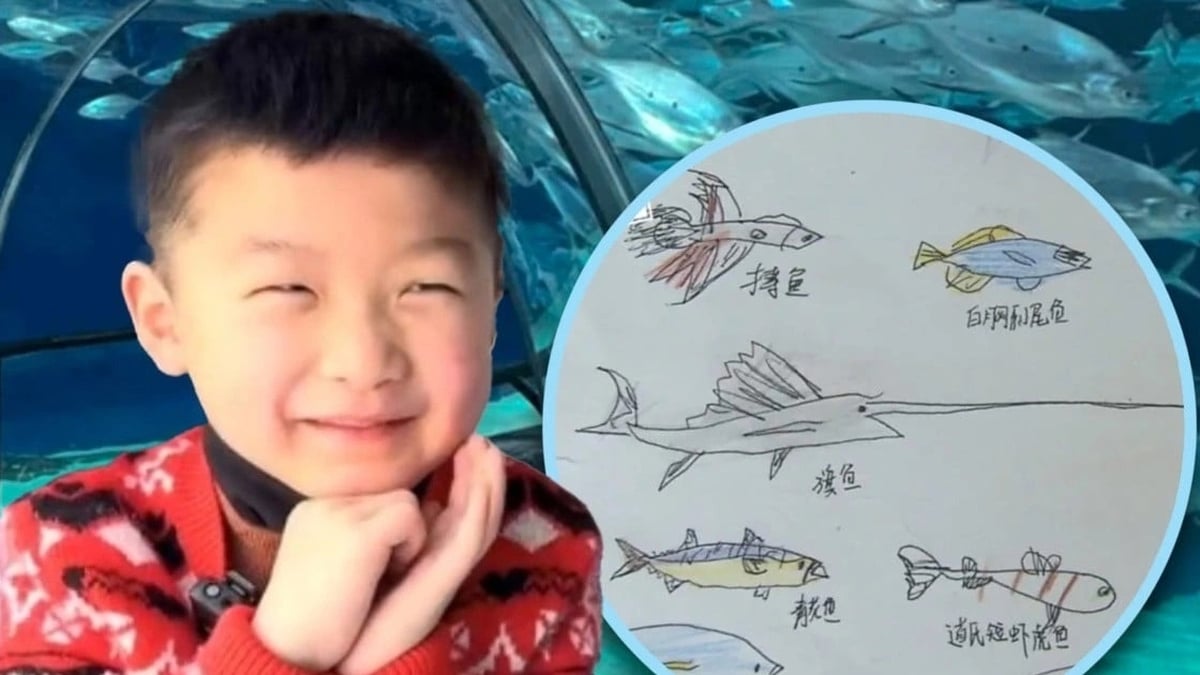

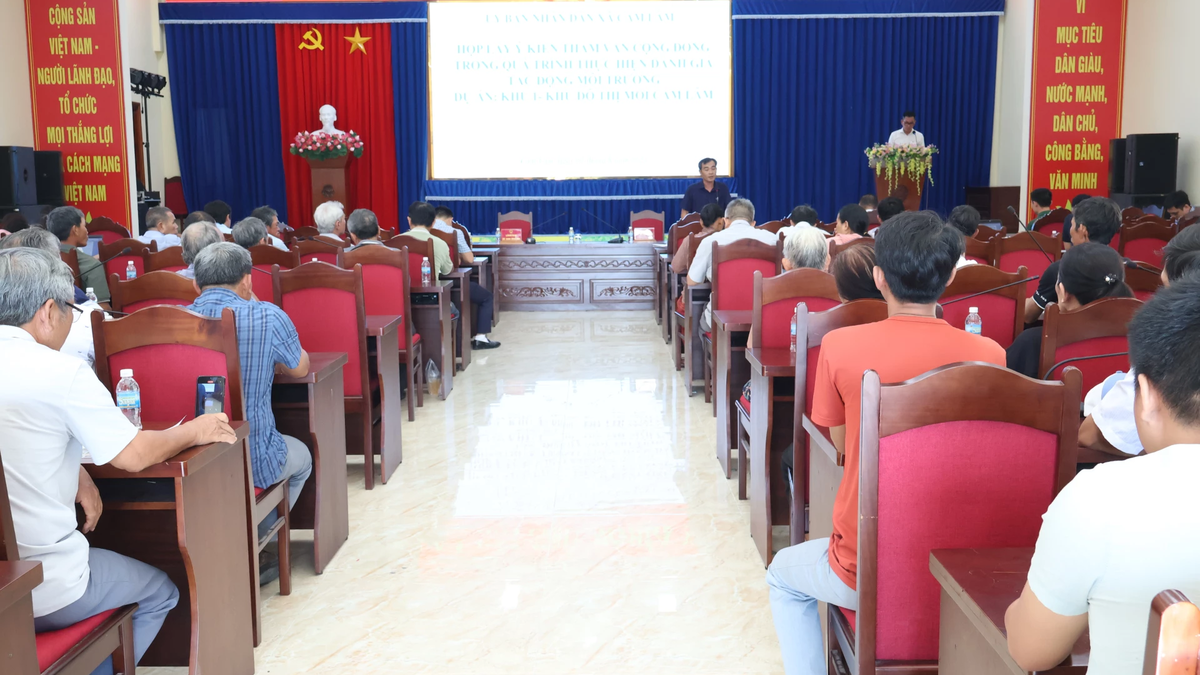
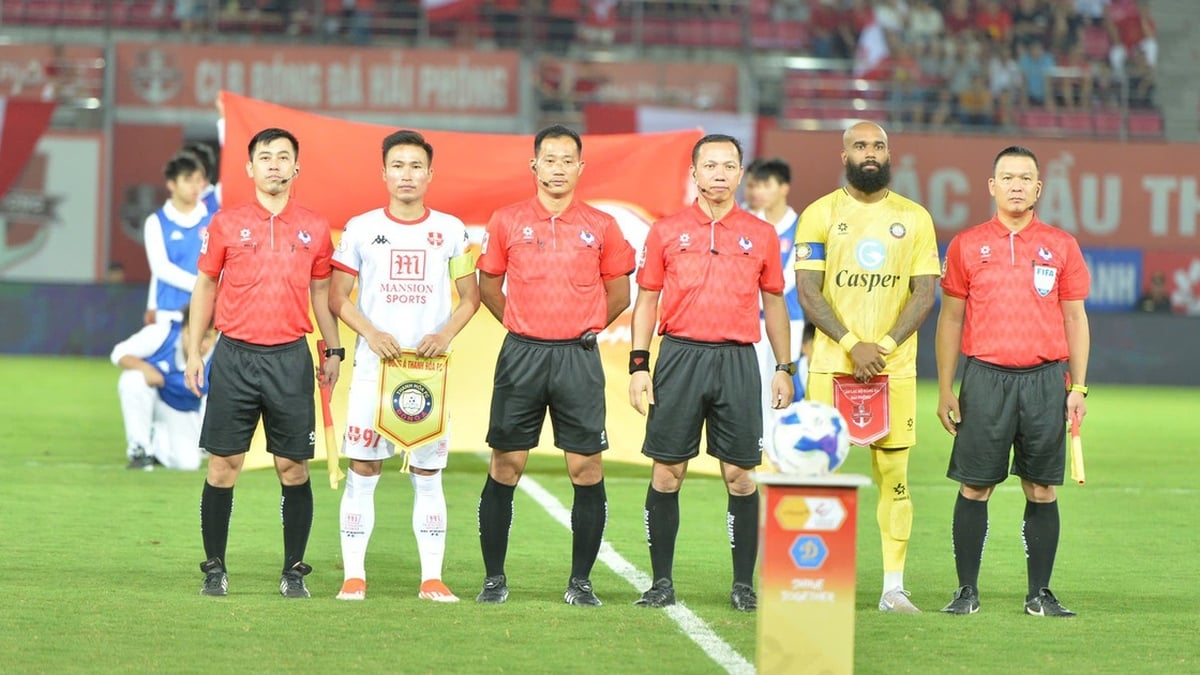






















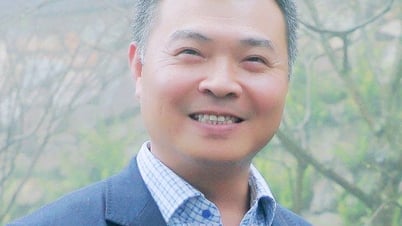

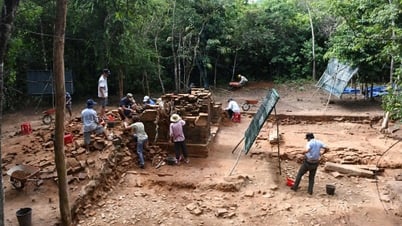
















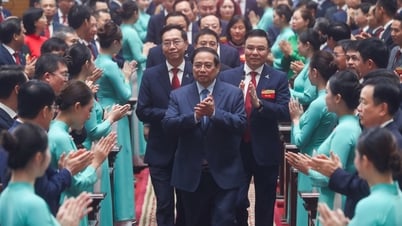









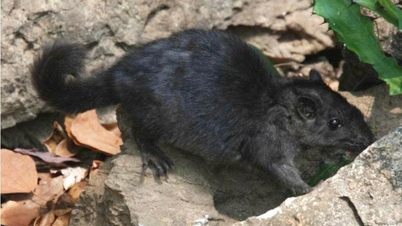
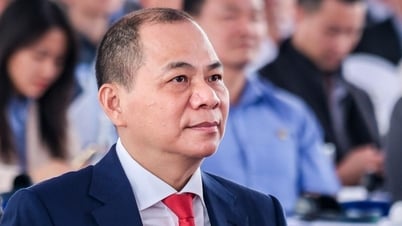
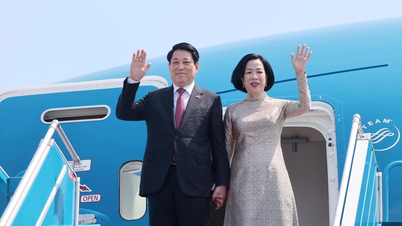
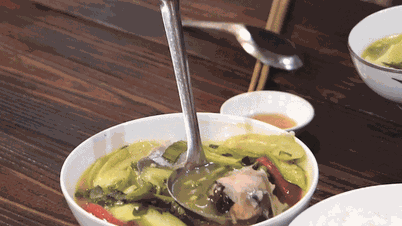
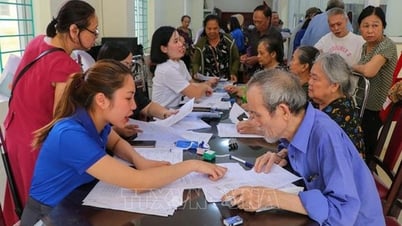

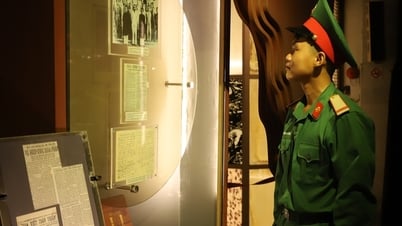

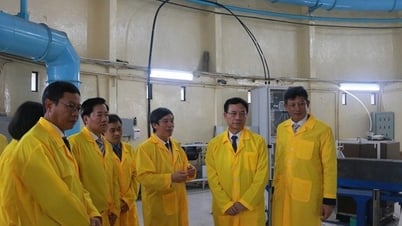



























Comment (0)